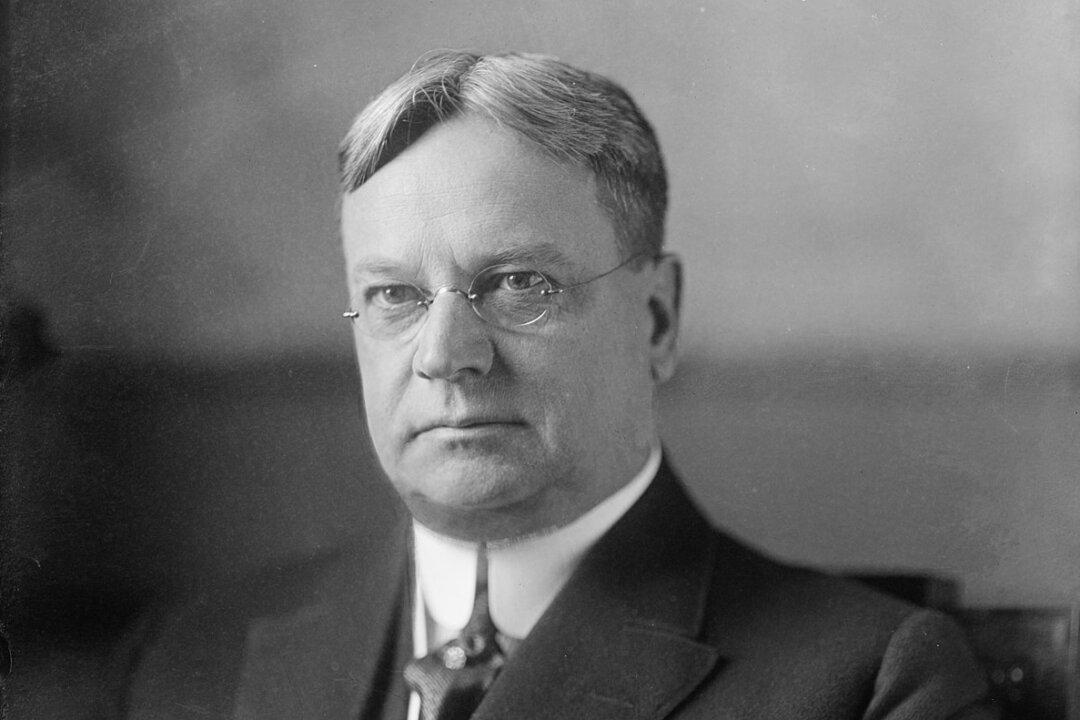Commentary
When Gov. Hiram Johnson convinced California voters to pass his Progressive Era good-government reforms in 1911, he never could have imagined the crazed state California would be in today. Yet his reforms instituting recalls, initiatives, and referendums are all that is keeping what’s left of livability in this state.





